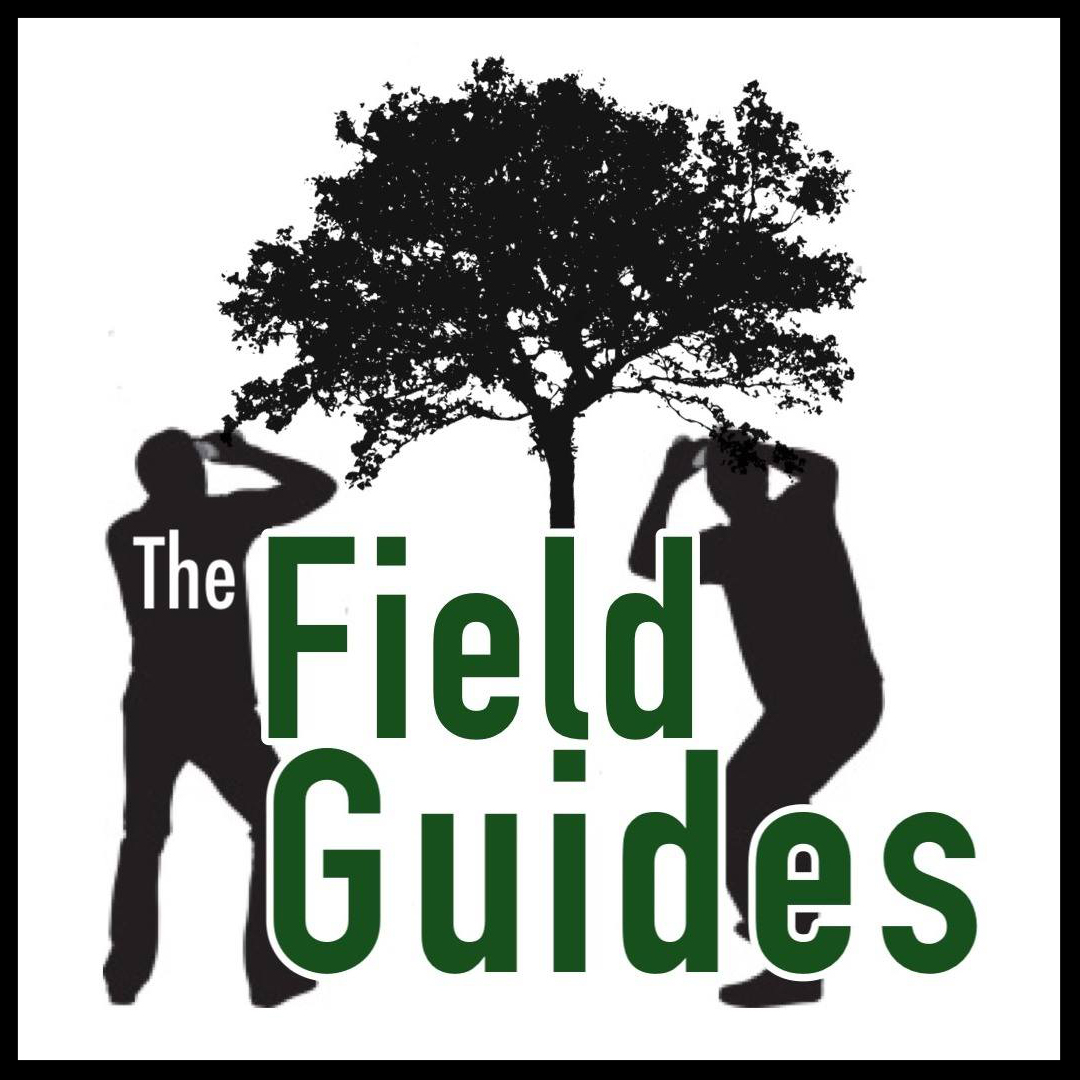Imagine a gathering of nature-lovers where, for three days, you could attend hikes, talks, and other programs on dozens of natural history topics. Such a gathering takes place each year in Allegany State Park in southwestern NY. For over sixty years, the Allegany Nature Pilgrimage has taken place the weekend after Memorial Day, bringing like-minded individuals from across the country to share their knowledge of and passion for all things nature-related. The guys were invited to lead a hike at this year's Pilgrimage, and, in this special bonus episode, you can listen in on what it sounds like when a big group of people join Steve and Bill for a hike in the woods.
Our program was titled "The Skeptical Naturalist", and we focused on common natural history myths and some of the most interesting stories from past episodes. Enjoy, and we hope to see you at the Pilgrimage in the future!
Attend the Pilgrimage in June 2019! Visit http://www.alleganynaturepilgrimage.com
Thanks to our friend Rich for recording this episode.
Photo by RICK MILLER, Olean Times Herald
Episode Notes
1. How to properly remove a tick.
2. …and what to do after a bite:
3. During the walk, we mentioned milkweeds and Monarch caterpillars, and a member of the audience pointed out that one of the other presenters at the Pilgrimage – a person who gave a presentation specifically on Monarchs – mentioned that the caterpillars are not toxic, only the adult butterfly. This point surprised us, and we tried to look into it. Unfortunately, we were unable to find definitive proof, but we did come across this study that looked at the toxicity of Monarch caterpillars and its impact on one of their predators:
The fact that this exists seems to indicate that the caterpillars are, indeed, toxic. If any listener, however, can point us in the direction of a resource that directly address the toxicity of Monarch caterpillars, we would be extremely grateful.
4. Porcupines are not hibernators.
5. During the episode, some in the audience questioned our statement that the Eastern Chipmunk (Tamias striatus) is not a true hibernator. Upon returning home, we looked into it, and, as is often the case with wildlife, the answer is not a clear yes or no - but Bill's statement that "chipmunks are not true hibernators" could be considered more wrong than right. The great professor and nature writer Bernd Heinrich, in his excellent book on winter ecology, Winter World, clearly states, "Chipmunks are true hibernators," but he goes on to say, as Bill pointed out in this episode, that, unlike most other true hibernators, chipmunks periodically wake up to eat during the winter. Other sources cite this fact as a good reason to NOT include the Eastern Chipmunk in a list of true hibernators. So, to sum up, the Eastern Chipmunk does its own thing - it enters a state of winter hibernation, but wakes up now and then for a snacky-snack, unlike other true hibernators.
